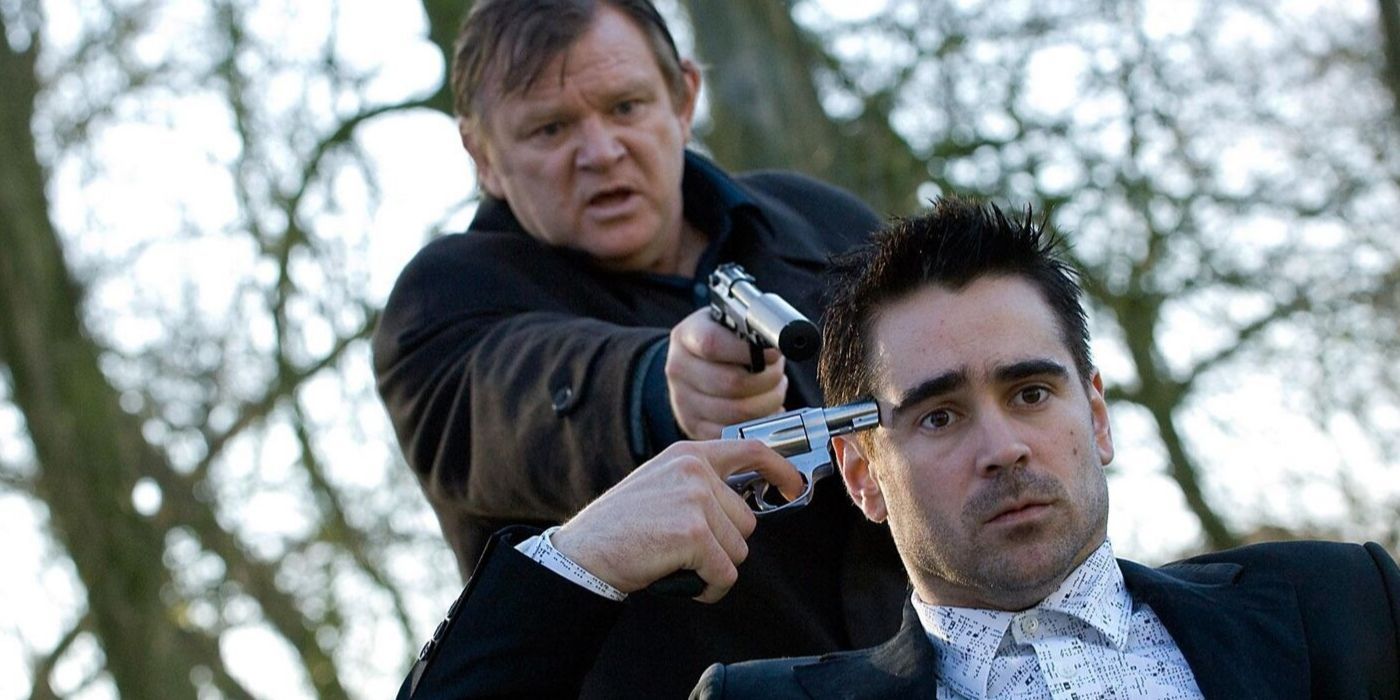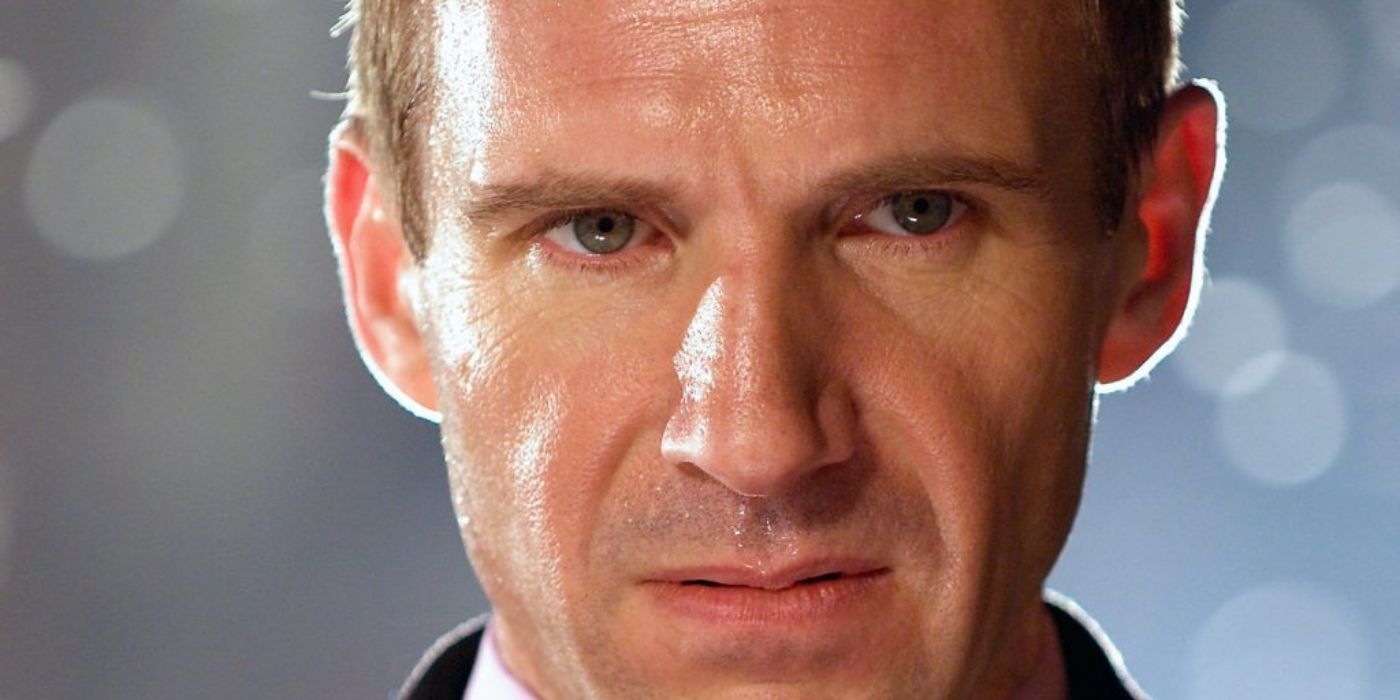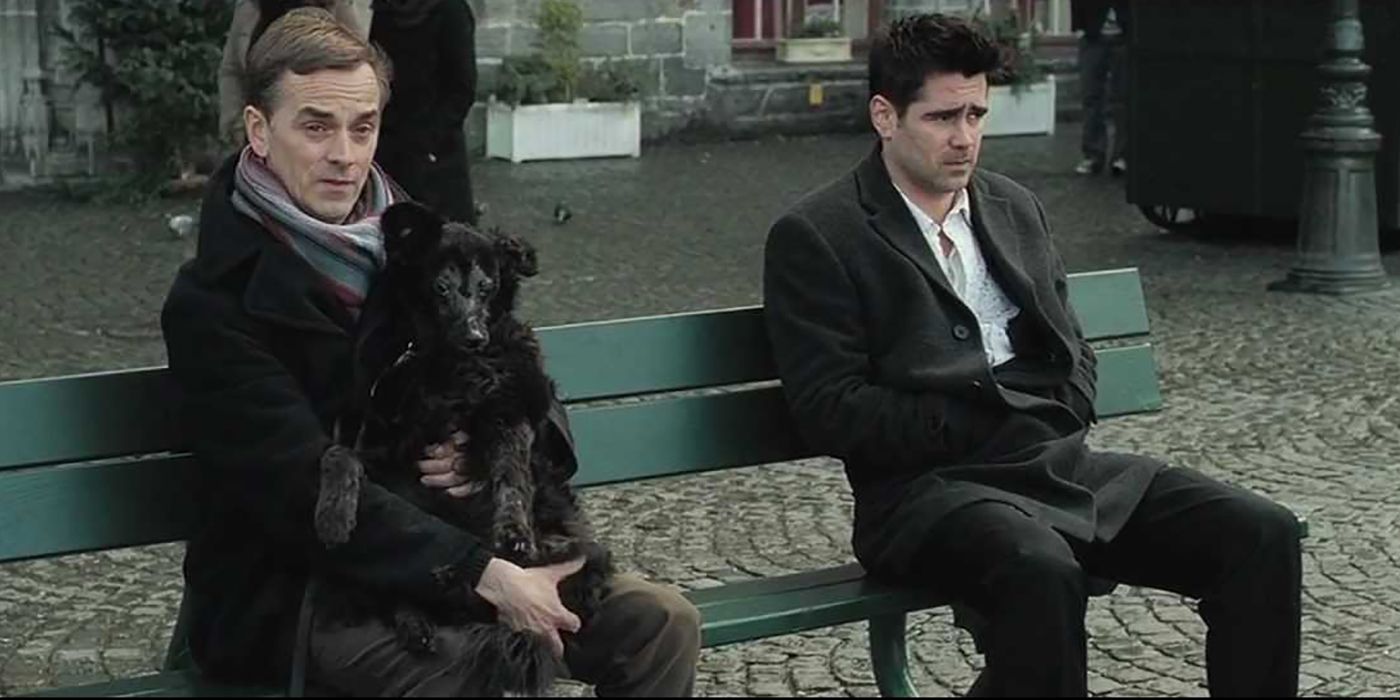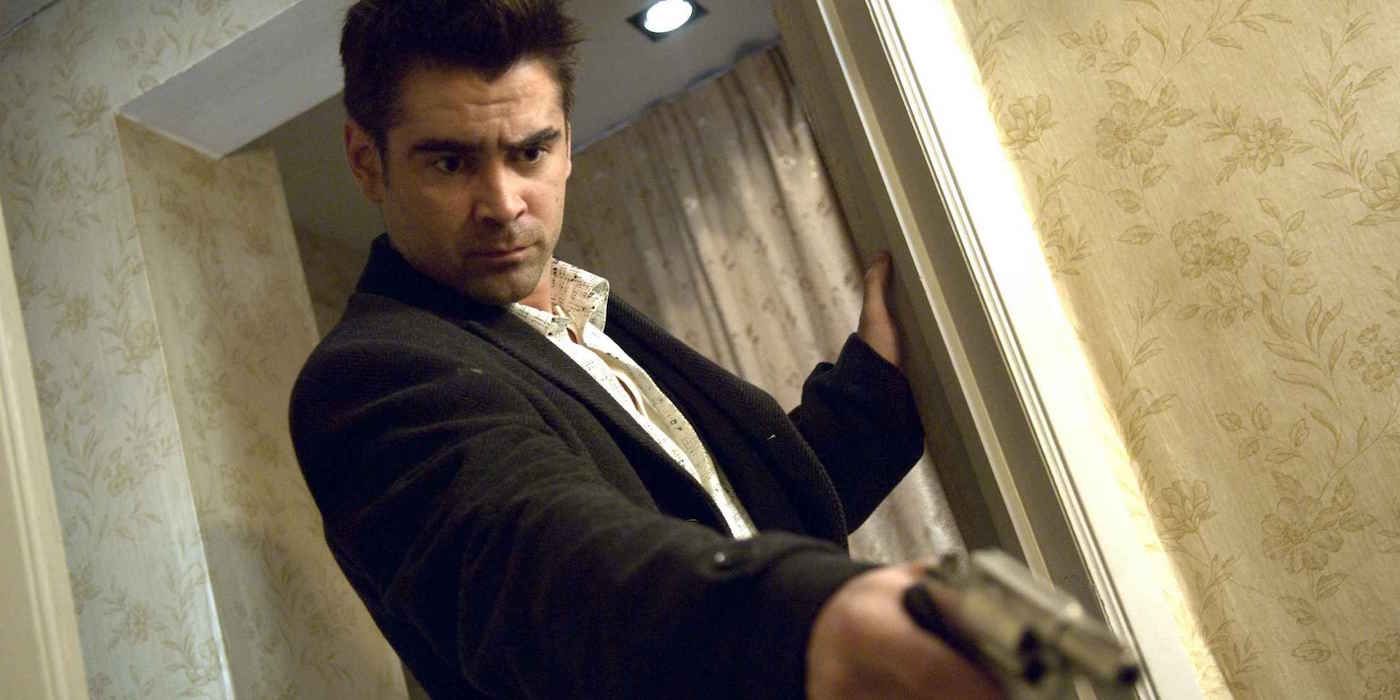Content Warning: this article contains discussions of violence and suicide
In Bruges ends with an intricate and twisted punch line that leaves the audience confused about whether they should cry or laugh. The film launched director Martin McDonagh to stardom and introduced the world to his distinctive comical style: he offers a drama so absurd and unpredictable that taking the characters and their conflicts seriously becomes an impossible task. Almost as if it was setting up the path for The Banshees of Inisherin, In Bruges presents the hilarious chemistry between Colin Farrell and Brendan Gleeson as the two try to figure out whether they are friends or not.
The film revolves around two hitmen, Ray and Ken, who are sent to Bruges, Belgium, in order to receive a new assignment. Ray is troubled by a recent mission gone wrong, in which he accidentally killed a young boy while carrying out a hit. The moments featuring Ray and Ken together present the best quotes from In Bruges: while Ken enjoys the relaxing atmosphere of the historical city, Ray spends most of the time rambling and complaining. The two can't stand each other, but when Ken is assigned to assassinate Ray, McDonagh's film changes drastically, building up a conclusion where comedy and crime meet in unexpected terms.
Why Was Ken Assigned To Kill Ray (& Why He Didn't)
Right in the middle of the film, it's revealed that Ken was sent on a trip with Ray to kill him. Harry, Ken and Ray's boss, explains that Ray must die because he killed a child, but he acknowledges it was an accident and arranges a merciful death following the "relaxing" trip to Bruges, which Ray actually loathed. The deadly dark comedy sets up a harrowing conflict: When Ken discovers that the reason he was sent there was to kill Ray, he's troubled by a dilemma: he doesn't necessarily like Ray but believes he deserves a second chance. On the other hand, he's a professional hitman and must carry out his tasks as he's told.
In the film, the idea of suicide is laid out as a reason for empathy in Ken's case. It's open for interpretation whether Ken was going to kill Ray or not as he approaches him at the park, gun in hand, only to witness his target about to shoot himself. At that moment, Ken sympathizes with Ray's guilt, acknowledging he's a good man troubled by a tragedy that got out of hand. McDonagh doesn't offer viewers easy answers, making In Bruges one of his best films, and it's up to the audience to judge the morality of each character's actions.
Although Ken agrees with Harry's idea that killing a child is unforgivable, the time he spends with Ray shows how the shadow of that accidental death hangs upon his partner at all times, and he deserves a chance to start over. Perhaps, by letting Ray go, Ken relieves the tension he puts in himself for wishing to give up on crime but not knowing how to. It could also be that all of this is wrong and Ken prevented Ray to take his own life simply on an impulse, but later realizes that Ray does deserve a chance at redemption.
Why Does Harry Take His Own Life?
Harry is a fascinating villain with many great quotes in the film. He's a criminal who uses a strict set of morals, but his principles are nothing else than a condescending tool to look superior to others. His primary rule is to never kill or order a child to be killed, stating that anyone who does so should suffer the consequences, regardless if it was accidental or not, like in Ray's case. Harry tells Ken that if he ever killed a child he would take his own life on the spot because he wouldn't be able to live with that burden on his mind.
Ken rightfully mentions that each person deals with their burdens differently and that Harry's twisted sense of morals doesn't apply to everyone. After one of Martin McDonagh's major death trends, in which Ken miraculously survives for unbelievably long to warn Ray, Harry shoots Ray multiple times in the chest and one of the bullets accidentally hits Jimmy in the head, a dwarf actor who was dressed like a schoolboy. Believing Jimmy is a child, Harry sees no choice but to take his own life, sticking to his principles.
By Harry's face, it looks like he finally understands Ray but forces himself to stick to his morals: he doesn't look slightly convinced by his own words, and presumably shoots himself only to preserve his own ego. After all, he went through all the mess because Ray accidentally killed a child just like he did, and with that In Bruges comes full circle and ends with a perfect punch line.
What's The Importance Of Bruges In The Story?
Bruges is commonly known as a fairytale town, as Harry likes to point out throughout the movie. The city is a key element to understanding how In Bruges is such a crime masterpiece. With a picturesque medieval charm, cobbled pavements, and little ancient buildings, Bruges looks like the perfect destination to get oneself immersed in a landscape of beauty and innocence. Harry sends Ken and Ray to Bruges as an act of mercy: he plans to get Ray killed, but wants to give him a good time so he can die in peace.
However, it turns out that Ray absolutely despises the city and its picturesque appeal: it reminds him of the innocent life he took from the world. On the other hand, Ken, who's just there to carry out the hit, is wholly mesmerized by the aspects of Bruges. The innocence of the city offers a major contrast to the film's immoral characters, symbolizing their aimless search for redemption. All around them is a paradise of ancient beauty, yet they are too absorbed in their violent nature.
The city is practically a character, but the instances in which Ray goes out to interact with the city and its inhabitants are constantly interrupted by brutality or death. In the end, Ken's body falls from the sky at the center of the city, drawing everyone's attention to him and igniting the film's climax. Ken was the only one who found solace in the city, and he suffers the consequences. Bruges failed to soothe the characters' anger and it backfired: they corrupted Bruges with their rage instead.
The True Meaning Of In Bruges' Ending
In Bruges effectively plays with the idea of good and bad, introducing a range of characters that are far from being good people and an iconic crime duo, yet they all find themselves in search of redemption. Ray is constantly trying to convince himself he's a horrible person and deserves to pay for what he did, while Harry persistently tries to impose himself as a man much better than he actually is. Amid the chaos, Ken and Bruges are the mediators: the city has an effect on him, and he sees the sweetness and charm in every corner, prompting him to step up for what he thinks is right.





